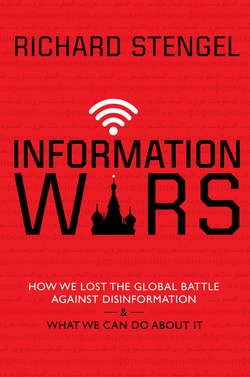Читать книгу Information Wars - Richard Stengel - Страница 21
На сайте Литреса книга снята с продажи.
Vetting Is Painful
ОглавлениеFor anyone who has been vetted for a Senate-confirmed job, what I’m about to write will be painfully familiar. The process is byzantine, detailed beyond imagining, uncomfortable, and invasive. It’s not hard to see why it keeps some good people from going into government. (It can also keep bad people out.) Let’s start with the SF86 Form, from the Office of Personnel Management, which is the standard questionnaire for national security clearances. Filled out, the form can run to hundreds of pages, as mine did. A State Department nominee also has to fill out the Senate Foreign Relations Committee questionnaire. Mine was again over a hundred pages. I won’t go into all the details—and the details are endless—but here’s one: For the SF86 and the Senate Foreign Relations questionnaire, you have to list every foreign trip you’ve taken over the past 14 years, every significant relationship you had with any foreign national on each trip, and, to the best of your ability, an estimate of how much you drank on these trips. Oh, and whether you used any illegal drugs.
Those questions are a legacy of the Cold War, when Congress and the intelligence community worried about State employees being blackmailed by Russian spies. One assumption seems pretty intuitive: if you drank too much on a foreign trip, you were more likely to be a target of a Russian kompromat operation.
As a nominee, you also needed to be investigated by law enforcement, and for that you were assigned a “special investigator,” who, well, investigated you. The investigator would question your neighbors, your work colleagues, your elementary-school teachers, and ask them if you drink too much, if you use drugs, if you are abusive, if you are trustworthy, and, oh, if you are loyal to the country.
My investigator—let’s call him Mike—was a burly, no-nonsense former cop who seemed to want to get the job done with a minimum of hassle. My introduction to Mike came when he sent me an email telling me that he would be working on my investigation. His first email to me was about a late payment on a J.Crew credit card, and why my balance was past due.
Mike also asked for names of friends and colleagues whom he might contact. But then the investigator can also call people on his own. A few weeks later I got a worried late-night telephone call from a neighbor I hadn’t seen in months.
“Rick, did you do anything wrong?”
“No,” I said. “Why?”
“Because I got a call from law enforcement asking me whether I think you might be a spy or a foreign agent or whether you might be working for a terrorist organization.”
